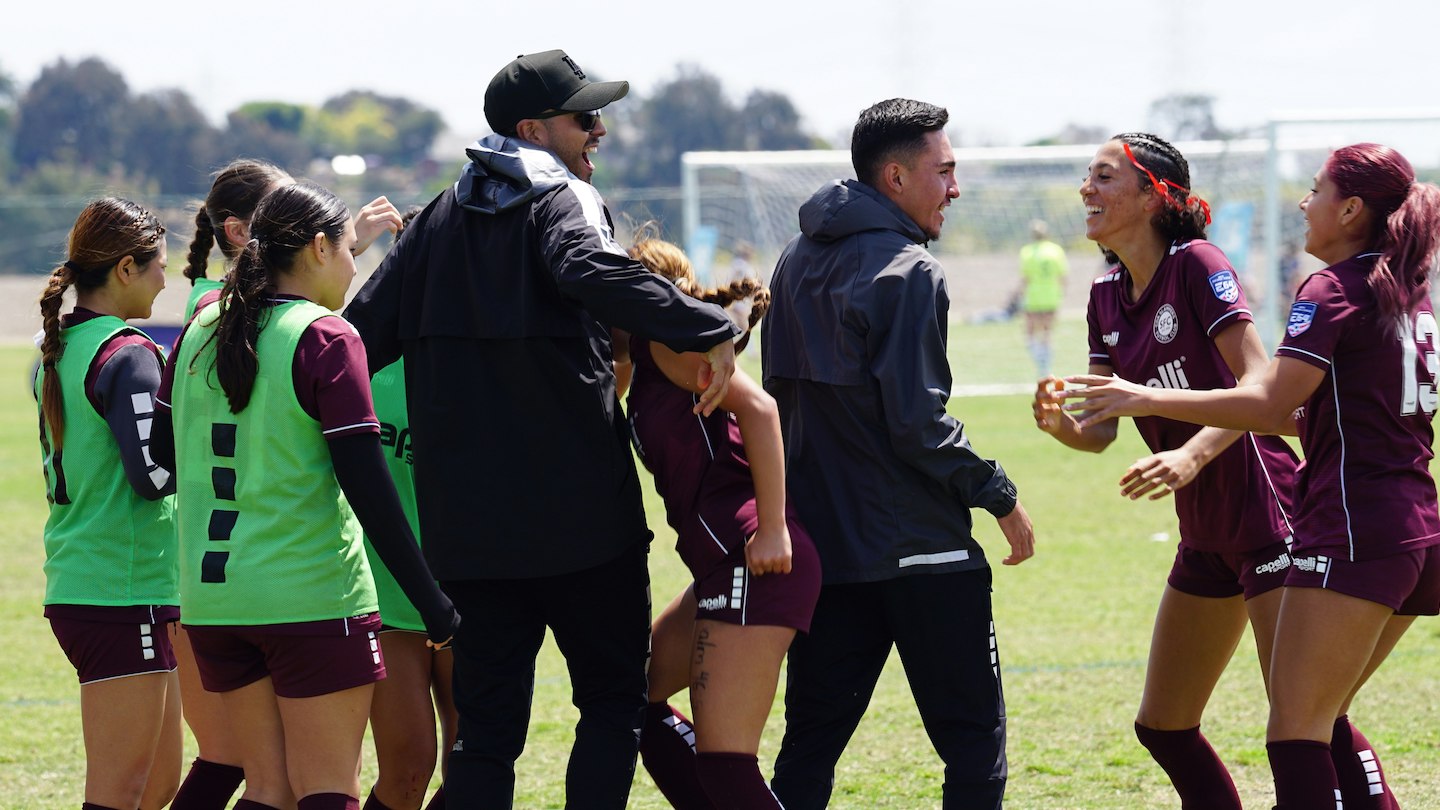Coaching games in youth sports is one of the most demanding and delicate tasks a coach will face in creating a positive and development-focused game day environment. I’ve seen intelligent, player-centered coaches who are calm and supportive during training, transform into sideline drill sergeants when the whistle blows. Game day brings out emotions, pressure and competing priorities, which can often derail the focus on development and enjoyment.
Why Game Day Is So Demanding
The Pressure to Win: The “every game is a World Cup final” syndrome is real. Instead of focusing on player growth and fun, many coaches and parents feel immense pressure to chase results, often at the expense of learning.
Overzealous Parents: Many parents prioritize joining “winning programs” over development-focused environments. They sometimes forget that soccer is a team sport, and every child needs meaningful playing time to grow.
Parents as Extra Coaches: Sideline instructions from well-meaning parents can overload young players, making independent decision-making nearly impossible.
Coaches’ Ego: Some coaches feel defined by their win-loss record. The “I am only as good as my next win” mindset can drive decisions that prioritize short-term results over long-term development.
Transactional vs. Transformational Cultures: Does your team’s game-day environment encourage fun, learning, and resilience? Or does losing feel like Armageddon? The tone set by coaches and parents directly shapes the players’ experience.
Decision-Making Overload: Soccer already requires rapid decision-making under pressure. When coaches and parents add hundreds of extra commands, they unintentionally drown players’ ability to think independently on the field.
Best Practices for Coaches and Parents on Game Day
Before the Game
- Players arrive 45 minutes before kickoff for a player-led, game-like warm-up.
- Coaches deliver short, clear team talks with a maximum of three key objectives.
- Each player gets one “Glow” (strength) and one “Grow” (area of focus).
- Coaches meet briefly with parents to explain the day’s objectives.
- Players write expectations for parents on a visible board.
- Defenders, midfielders, and forwards huddle separately to discuss roles.
- Substitutes prepare, identify matchups, and track a key game statistic.
During the Game
- Parents applaud effort, teamwork, and skills from both teams.
- Parents avoid shouting instructions, letting players make their own decisions.
- Parents respect referees and model positive behavior.
- Coaches ask guided questions rather than giving constant commands.
- Coaches engage substitutes in analysis and preparation.
- Coaches embrace mistakes as learning opportunities, valuing growth over results.
At Halftime
Coaches encourage player ownership by asking questions and allowing units to problem-solve together.
After the Game
- Each player receives another Glow and Grow for feedback.
- Units reflect on their collective performance and propose adjustments for future games.
The Bottom Line
If you attend a youth game where even half of these best practices are in place, you’ll notice an immediate difference: Smarter decisions, calmer sidelines and players who truly enjoy the game. Winning is fun, but building resilient, confident and creative players is far more rewarding.








